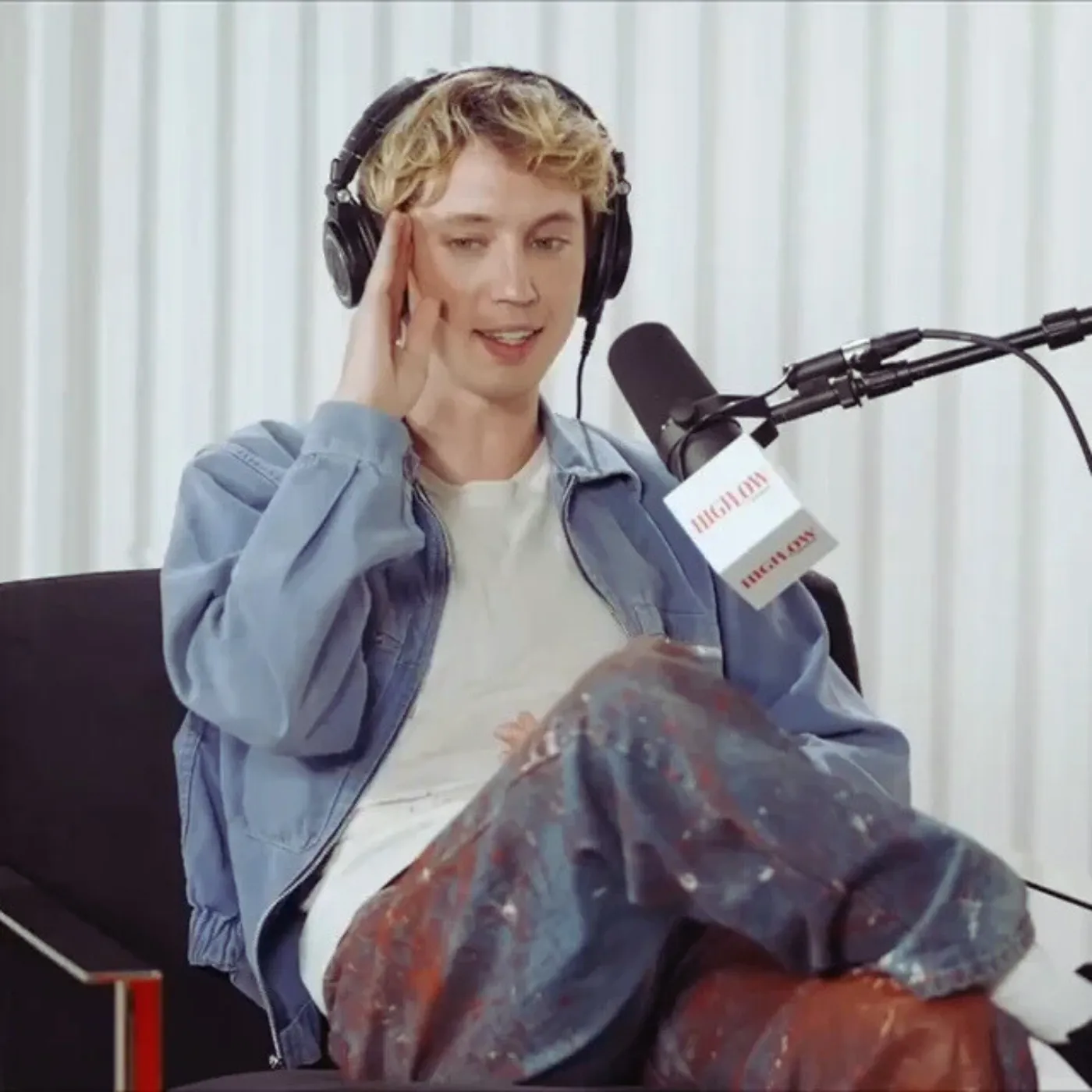

Miley Cyrus Premiered Sparks Backlash Fans Claim They Were Misled Into Paying Hundreds
The recent Tribeca Film Festival in New York City was expected to be a glamorous celebration of independent cinema, but instead, it erupted into chaos and controversy surrounding Miley Cyrus’s new film Something Beautiful. What should have been an evening of artistic appreciation turned into a night of fan fury, with many attendees heckling Cyrus during the event, accusing organizers of misleading them into paying exorbitant amounts—some as high as $800—under the false impression that they were purchasing tickets to a live concert rather than a film premiere.

This incident has since ignited a wildfire of debates across social media, bringing to light a growing trend in entertainment where confusing marketing and inflated ticket prices lead to furious backlashes and potential damage to star reputations. As fans continue to voice their outrage, the questions remain: how did this happen, who is responsible, and what does this mean for the future of premium entertainment events?

The Unexpected Nightmare At Tribeca
The Tribeca Film Festival has long been known for its star-studded premieres and cultural cachet, attracting filmmakers, actors, and cinephiles from around the world. This year, all eyes were on Miley Cyrus, whose latest project, Something Beautiful, promised to showcase a raw and intimate side of the pop icon rarely seen before.

However, early reports and fan testimonies reveal that the promotional materials may have blurred the lines between a concert experience and a film screening, leading many ticket buyers to believe they were paying for an exclusive live performance. Instead, the event was strictly a screening of the film, followed by a brief Q&A session, leaving fans feeling ripped off and betrayed.
“I spent $800 for what I thought was a concert,” one disgruntled fan told us. “When the lights dimmed and the movie started, people started yelling and demanding refunds. It was a total mess.” The fan’s frustration was echoed by many others who took to Twitter and Facebook to vent their disappointment and anger.
Fan Backlash Turns Vocal And Public
During the event itself, the confusion quickly escalated into open hostility. Audience members were reportedly heckling Miley Cyrus onstage, shouting accusations and booing, disrupting the premiere’s atmosphere and forcing event staff to intervene. Videos of the confrontation began circulating online almost immediately, fueling the fire of public outrage.
Social media exploded with the hashtag #MileyTribecaFail, trending across multiple platforms as fans, critics, and observers debated the fairness of the situation. Some blamed Cyrus personally, accusing her of exploiting her fans for financial gain, while others pointed the finger squarely at the festival organizers and ticket sellers for poor communication.
Entertainment analyst Rachel Turner commented, “When you associate a high-profile music star like Miley Cyrus with any event, especially in a festival setting, fans’ expectations skew heavily toward a live performance. If the marketing isn’t crystal clear, misunderstandings like this are almost guaranteed.”
The $800 Ticket Controversy: Premium Price With No Premium Experience?
The outrage was compounded by the premium ticket prices, which many fans felt were unjustified given the event’s nature. While film festivals often charge for special screenings, few command prices that rival the cost of front-row concert tickets. The steep price point led to accusations of a scam or false advertising, sparking calls for refunds and boycotts.
Industry insiders suggest that the pricing strategy was likely designed to capitalize on Miley’s star power and the festival’s prestige, but the lack of clarity turned that into a public relations disaster. “People are willing to pay high prices for exclusive access, but they expect what they’re paying for,” Turner added. “When expectations aren’t met, it damages trust—not just for the artist, but for the entire festival brand.”
Tribeca Festival Organizers Respond
In response to the backlash, representatives from the Tribeca Film Festival issued a statement defending their ticketing policies and emphasizing the artistic nature of the event. “The Something Beautiful premiere was clearly marketed as a film screening,” the statement read. “We regret any confusion and are reviewing all communications to ensure future events are clearly described.”
Despite the statement, many fans remain unconvinced, demanding more transparency and accountability. Online petitions calling for partial or full refunds have gathered thousands of signatures, and some have threatened to boycott upcoming Tribeca events.
Miley Cyrus Addresses The Controversy
Caught in the middle of the storm, Miley Cyrus released a brief but heartfelt message via her social channels. “Something Beautiful is a project very close to my heart. This was a film premiere to share my story, not a concert. I appreciate everyone who came out to support the film and hope you understand my intention was to offer a meaningful experience,” she wrote.
The statement was met with mixed reactions, with some fans praising her honesty while others accused her of distancing herself from the fallout. Regardless, the incident has put Miley in a delicate spot, balancing her music career with her growing film ambitions.
Social Media Explodes With Opinions
The #MileyTribecaFail hashtag and related discussion threads have generated tens of thousands of comments, shares, and reactions on platforms like Facebook, Twitter, and Instagram. Many users have expressed frustration with the blurred boundaries in today’s entertainment offerings, where film, music, and digital events often intermingle.
Some social media users cracked jokes about the incident: “Maybe Miley should stick to concerts, not cinema,” wrote one user. Others launched serious critiques on consumer rights, calling for stricter regulations on event promotions and clearer disclaimers on ticket purchases.
What This Means For The Entertainment Industry
This controversy highlights a growing tension in the entertainment world: fan expectations vs. marketing hype. As celebrities expand their brands across multiple mediums—movies, music, streaming, social media—consumers are often left confused about what exactly they’re paying for.
Events that combine elements of film and music, like premieres with live performances or Q&As, walk a fine line between genres. Without crystal-clear communication, fans can feel misled, damaging the reputations of artists, event producers, and festivals alike.
Furthermore, the pricing models for such events are increasingly scrutinized. As ticket prices climb, consumers demand greater transparency and value. When that trust is broken, backlash spreads quickly—especially on platforms like Facebook where viral outrage fuels engagement and visibility.
Lessons Learned And Future Precautions
Industry experts suggest that this incident will serve as a case study for event organizers and artists alike. Transparency is paramount. Marketing materials must explicitly detail what attendees can expect, from the type of event to the exact content and schedule. Ticket pricing should reflect the actual experience offered, avoiding misleading premium fees.
For festivals like Tribeca, which pride themselves on curating high-quality cultural experiences, this is a wake-up call. They must invest in clearer communication strategies and customer service responses to prevent similar controversies in the future.
Final Thoughts On Miley Cyrus And Tribeca
In the end, the Miley Cyrus Tribeca Film Festival incident is a symptom of a shifting entertainment landscape, where lines between media forms blur and fans demand instant clarity and fairness. While Miley’s film Something Beautiful remains a creative milestone for the artist, the premiere fiasco risks overshadowing that accomplishment.
The fallout serves as a reminder: in today’s hyper-connected, social media-driven world, fan trust is fragile. One misstep in communication or pricing can ignite a firestorm that affects careers, brands, and entire festivals.
Whether refunds are issued or new policies adopted, this story will linger as a cautionary tale about the perils of overhyping events without delivering what the audience truly expects. For now, the focus remains on rebuilding trust—both for Miley Cyrus and the Tribeca Film Festival.



















Post Comment